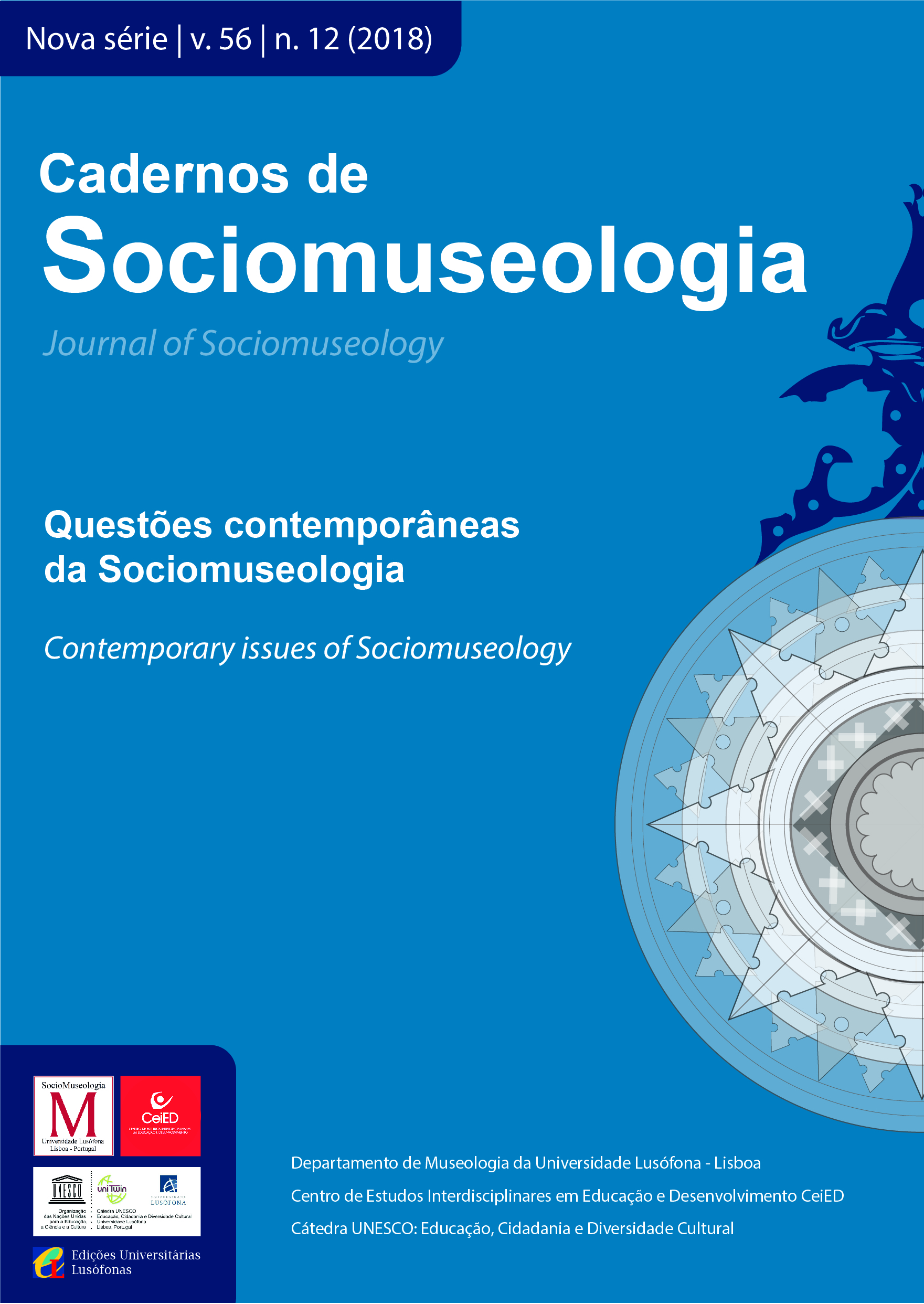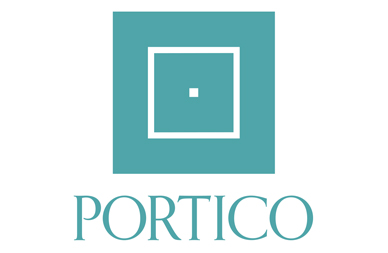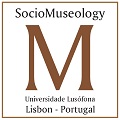Appreciation and Musealisation of Heritage in the Urban Environment
Abstract
This thesis focuses on the musealization of the murals paintings at the period of Estado Novo in the City of Lisbon and of particular historical and museological relevance. The aim is to relate museology with the mural heritage, based on the identification of buildings and where mural sites were inserted, analyzing their historical perspective, the authors/commissioners and the sociocultural environment that prevailed once.
For the dissemination of knowledge about the wall art during the national "modernism", one took into account all the surrounding "sacralized" - ideological significance - and "desecrated" of the objects under study reflecting their literature, symbolic and visual component, and the whole process of transmission of knowledge, heritage and collective memories and which are the basis of social and interdisciplinary museology.
Particular attention should be taken into account for the images (photographs) accompanying Volume II of this thesis that reflect the author's search for them in site and virtual space-time, as well as a survey of their current conservation status, their artistic techniques, engaging into the bibliography of the authors who created them.
One can thus conclude that the study is a contribution to the musealization of a time where modern mural was excelled, hoping above all that this is likely to contribute to a greater involvement of the communities in what is their (re)identity’s knowledge and memories.
Keywords: Museology; Heritage; Mural Paintings; Symbology; Commons; Estado Novo
Downloads
Authors retain copyright and grant the journal right of first publication with the work simultaneously licensed under aCreative Commons Attribution License that allows others to share the work with an acknowledgement of the work's authorship and initial publication in this journal.













